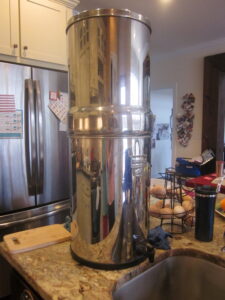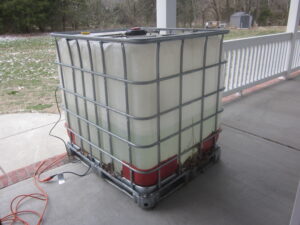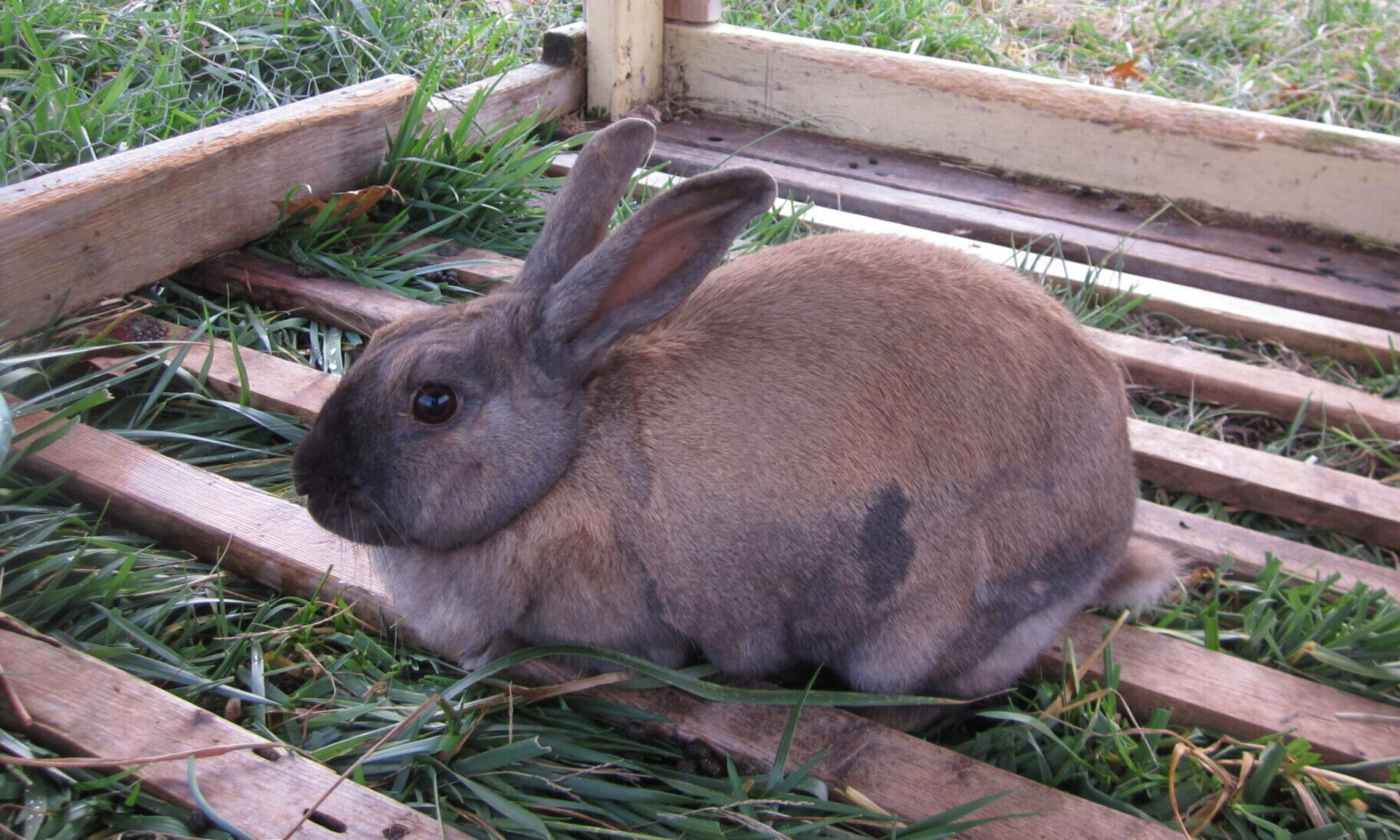The Problem
On Christmas week, our water pipes froze, leaving us without water. We innovated for daily tasks like washing hands and going to the bathroom, but it brought up a good question. What would happen if we lost water for a longer period of time, and how could we increase our water resiliency?
Prevention and Preparation
Prevention is a key to being water resilient. Our pipes froze because we weren’t prepared for days of single digit temps. Next time, we’ll insulate them if the weather is going to be cold. Also, keeping a single faucet running would have prevented the pipes from freezing.
Preparation makes emergencies a lot more bearable. When our water went out, we had bottled drinking water on hand from when our water was turned off for construction. If you have forewarning, prepare!
Some Solutions
When we lost water, we were blessed to have friends gather round and help out. Some got us bottled drinking water, and others gave us a Berkey water filtration systems for drinking water from our creek, which saved us from having to buy more water.

We flushed the toilets by hauling in five gallon buckets of water from a large tank pumped from our creek, and washed our hands with a small filter bag and tube.

This made it possible to survive rather normally, even with no grid water, which was awesome!
We realize that not everyone has a creek, so you have to innovate according to your circumstances, but these are just some ideas for preparedness in case of an emergency. Other ideas could be collecting runoff from your roof, or rain barrels.
This was a great, albeit inconvenient, learning experience for us. Thankfully, none of our pipes burst, and we got our water back after 5 days. But it has changed our resiliency list: drilling a well has moved up higher on our list!
